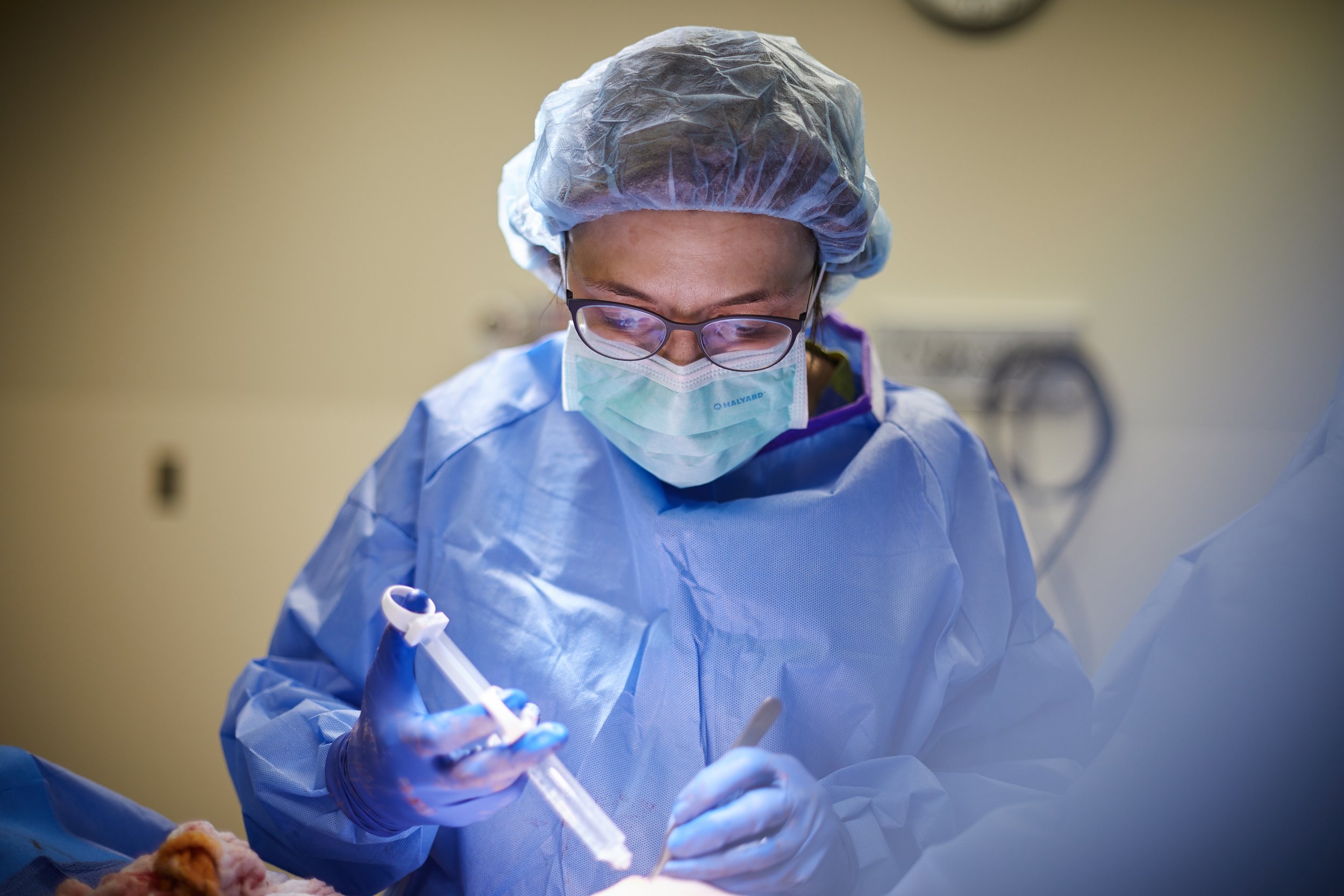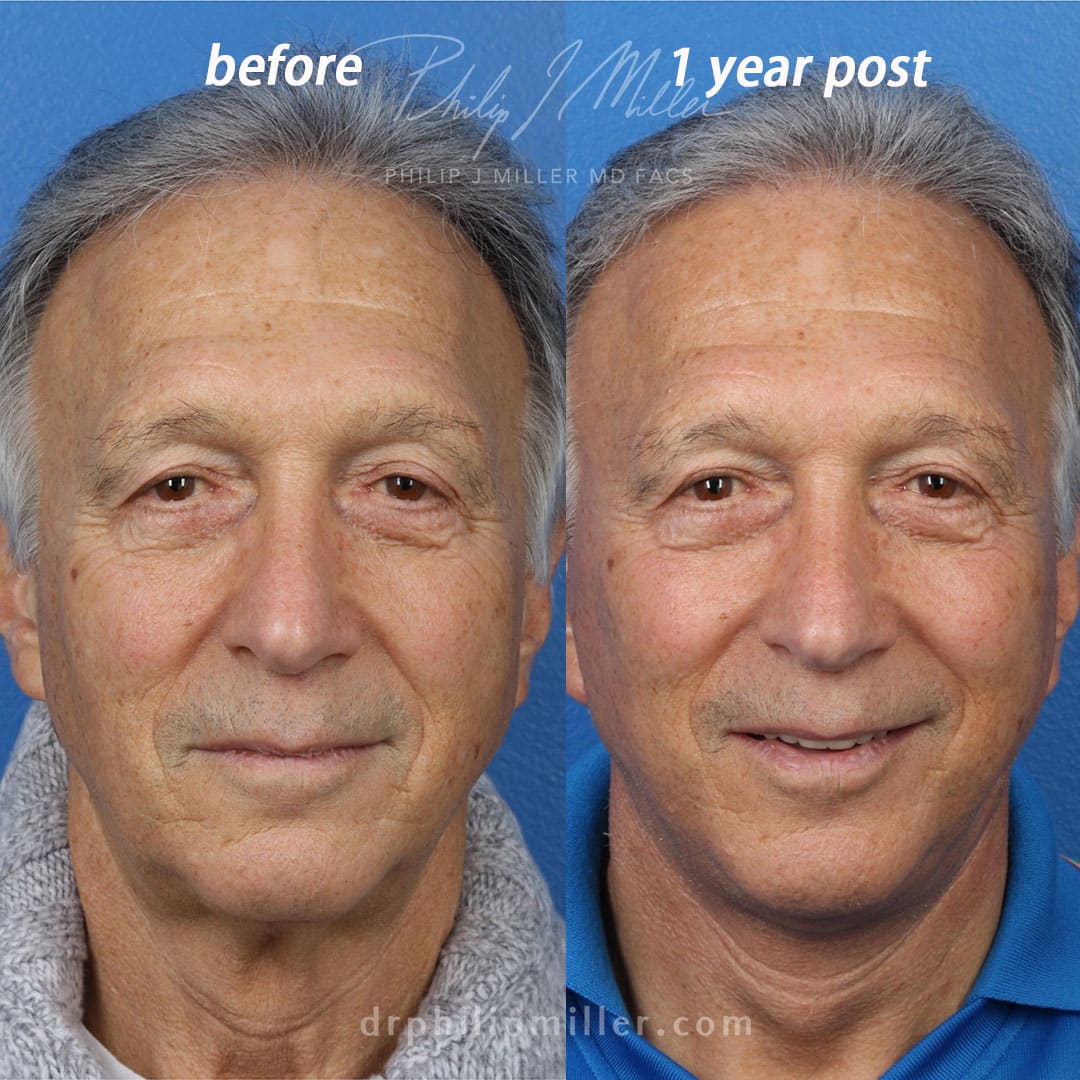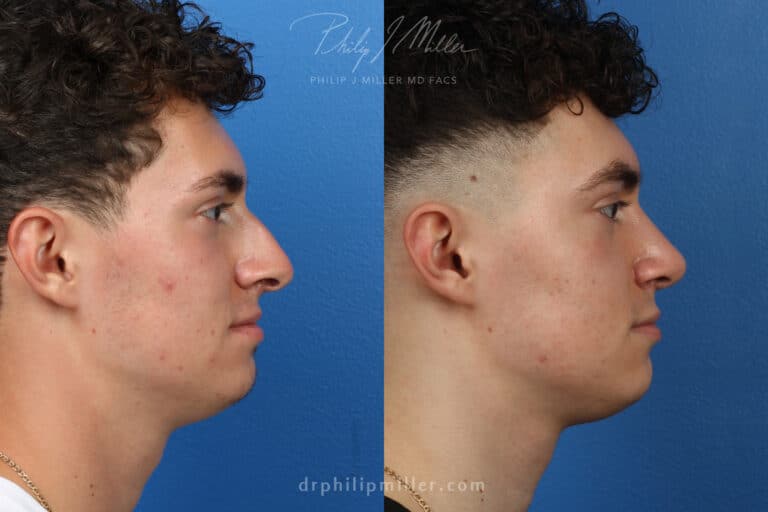The Influence of Self-Image on Decision-Making: Reasons Many People Pursue Plastic Surgery for Physical Transformation
The interaction between self-image and decision-making is a complicated phenomenon, especially evident in the boosting trend of people opting for cosmetic surgical procedure as a way of physical makeover. Inspired by a need to meet individual perfects and societal assumptions, many individuals face concerns of self-confidence that can substantially impact their options. As exterior pressures from social media sites and cultural norms intensify feelings of insufficiency, an important concern emerges: what are the underlying emotional variables that drive this pursuit of transformed appearances, and what ramifications do these choices hold for personal identification and well-being?
Understanding Self-Image
Self-image describes the mental image and assumption a private holds about themselves, incorporating aspects such as physical look, characteristic, and general self-worth - mommy makeover rancho cucamonga. This interior representation significantly affects exactly how people communicate with the world and can be a driving pressure behind various life options, including the choice to undergo cosmetic surgical procedure
A favorable self-image commonly correlates with higher self-worth and a sense of self-confidence, fostering a proactive technique to life. Conversely, a negative self-image might result in sensations of inadequacy and dissatisfaction, triggering individuals to look for exterior services to perceived problems. This pursuit for improvement can show up in the wish for physical makeover via cosmetic treatments.
The pervasive nature of media and peer contrasts can magnify sensations of instability, inspiring individuals to modify their look in quest of acceptance or approval. Understanding these characteristics is necessary in understanding the inspirations behind cosmetic surgical treatment.
Psychological Factors at Play
Various psychological variables affect an individual's decision to go after cosmetic surgical treatment, frequently rooted in much deeper psychological and cognitive procedures. One considerable aspect is reduced self-worth, which might emerge from negative self-perceptions or frustration with one's appearance. Individuals with diminished self-worth might think that changing their physical functions will certainly boost their total worth and approval in social contexts.
Additionally, the concept of body dysmorphic problem (BDD) plays a critical function. People suffering from BDD experience a compulsive emphasis on viewed flaws in their look, leading them to look for medical intervention as a service. This compulsive wish for transformation can substantially distort their self-image, driving them to pursue procedures regardless of the capacity for adverse end results.

Societal Pressures and Assumptions
A considerable influence on people' choices to go through cosmetic surgery originates from societal stress and assumptions that suffuse contemporary culture. In an era dominated by social media and consistent aesthetic exposure, idealized criteria of elegance are often showcased, developing a pervasive atmosphere where physical appearance is extremely scrutinized. Such requirements often dictate what is considered appealing, leading people to really feel obliged to comply with these ideals.
Moreover, the normalization of cosmetic improvements in preferred society additionally intensifies these pressures - mommy makeover rancho cucamonga. Influencers and celebrities openly reviewing their procedures can develop an assumption that such modifications are not only acceptable but preferable. This phenomenon can stimulate feelings of insufficiency in people that may feel their natural appearance does not straighten with social standards
In addition, the influence of peer teams can not be ignored. Individuals might come across indirect or straight pressure from close friends or family members, leading to a common recognition of cosmetic surgery as an appropriate methods to achieve an idealized self-image. As a result, these societal assumptions can considerably affect personal decision-making processes, usually eclipsing inherent inspirations for self-improvement and fostering a culture where physical transformation is gone after as a solution for viewed drawbacks.

Situation Researches and Individual Stories
Several people have shared their individual trips relating to plastic surgery, exposing a complex interaction between self-perception and societal influences. For example, a 34-year-old woman defined how years of sensation poor because of her nose led her to look for rhinoplasty. She reported that after the treatment, her confidence surged, enabling her to engage even more easily in social scenarios and progress her career. Yet, she acknowledged that her choice was heavily influenced by media representations of charm.
Similarly, a male patient in his late twenties stated his fight with body dysmorphic condition, which triggered him to pursue liposuction surgery. His experience highlighted not only a wish for physical makeover yet additionally a desire for approval amongst peers. Post-surgery, he expressed useful content a renewed feeling of self-respect, albeit with the understanding that inner recognition must come before outside adjustments.
These case researches highlight a more comprehensive trend: individuals usually view plastic surgery as a pathway to boosted self-image. Nonetheless, the narratives likewise expose a critical viewpoint on the stress and expectations that shape these choices, recommending that individual stories are deeply intertwined with social standards and values.
Alternatives to Aesthetic Surgical Treatment

Skincare treatments, including chemical peels and microdermabrasion, can improve skin texture and tone, resolving problems like acne marks or irregular coloring. Additionally, laser treatment is an effective technique for targeting particular skin issues, such as sun damage or vascular sores, advertising an extra younger appearance.
For those looking for body change, non-invasive fat decrease techniques like CoolSculpting can help get rid of persistent fat deposits without surgery. Fitness programs and nutritional therapy are additionally vital devices for individuals aiming to accomplish a much healthier body picture. Eventually, these alternatives can offer significant outcomes while straightening with personal convenience degrees and preferences, cultivating a positive self-image without the durability of plastic surgery.
Conclusion
Individuals often seek physical transformation in an attempt to improve self-worth and line up with perceived standards of charm. By checking out alternatives and fostering a much healthier self-image, individuals might locate more lasting pathways to self-acceptance and well-being.
The interaction in between self-image and decision-making is an intricate sensation, especially apparent in the raising fad of people choosing for cosmetic surgical treatment as a means of physical improvement.Numerous psychological factors affect an individual's choice to pursue cosmetic surgery, frequently rooted in much deeper emotional and cognitive procedures.A substantial influence on people' decisions to undergo cosmetic surgery stems from social pressures and expectations that suffuse contemporary society. People may come across straight or indirect pressure from good friends or family members, leading to a common validation of cosmetic surgical treatment see as an acceptable means to accomplish an idealized self-image.Numerous individuals have actually shared their individual journeys pertaining to cosmetic surgical treatment, revealing a complicated interplay in between self-perception and social impacts.